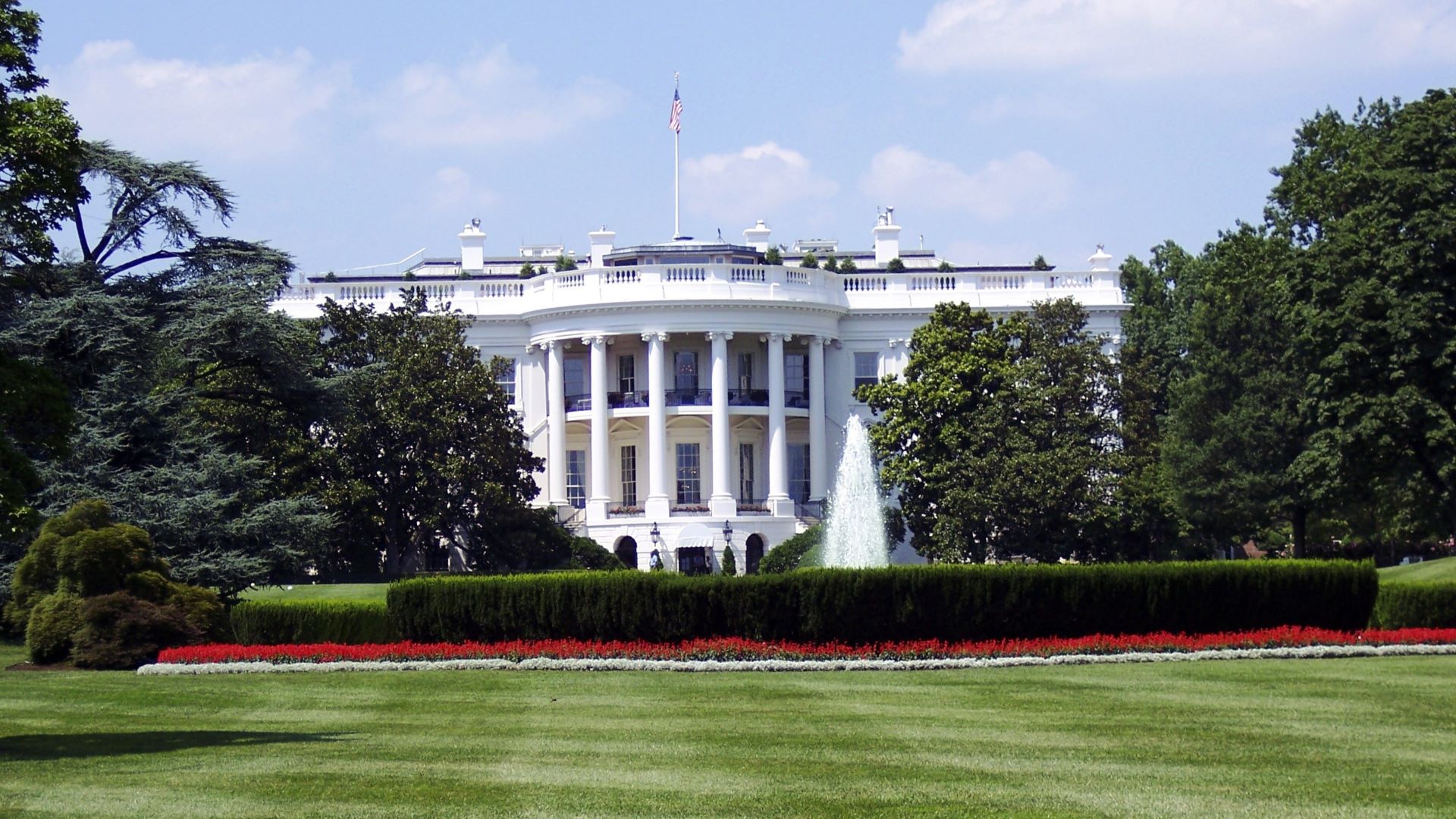The New York Times’ On Politics column had five takeaways from the New Hampshire primary:
1. Donald Trump can dominate in purple states;
2. The road ahead for Nikki Haley is rough;
3. The establishment wing of the Republican Party is shrinking;
4. Joe Biden will cruise to the Democratic nomination despite a lack of enthusiasm;
5. Trump’s victory may not signal success in the general election.
The Wall Street Journal, Washington Post, Politico and other establishment media drew roughly the same conclusions. Really? Is that all ya got?
First, every one of those “takeaways” was evident BEFORE the New Hampshire primary. Only those living in some alternative universe would not recognize that Trump and his MAGA Republican allies dominate the GOP.
They have taken control of state organizations; they have set delegate selection rules to favor his candidacy. His whims have dominated decision-making for the GOP majority in the House of Representatives.
His opponents for the nomination, with the exception of the forthright but unsuccessful Chris Christie, have been temperate in their criticism of Trump and jumped on his bandwagon when their campaigns ended.
Even those whose disdain for Trump is evident, like Senators Mitch McConnell and Mitt Romney, have been hesitant to take him on directly. So much for points 1 through 3.
Rep. Dean Phillips spent the summer looking for a well-known Democrat to oppose Biden’s renomination. None took the bait so Phillips jumped in himself, and his campaign has been a resounding thud. Plus it cost him the respect he earned among his Democratic colleagues in the House. It is hard to challenge incumbent presidents who seek nomination.
As much as some might have liked Biden to step aside, he did not, and the only way he will be denied the nomination — despite the wishes of many — is if he decides to do so.
The last incumbent president to step aside because of dissatisfaction with his governing was Lyndon Johnson in 1968. Biden’s age is not an issue of the magnitude of the Vietnam War, which sealed LBJ’s fate. So point 4 has been evident for some time.
Point 5 has also been evident for some time. Polls show that more than two-thirds of respondents do not want a Biden-Trump rematch. That does not say who will win. Both candidates are unpopular, especially with members of the other party.
Biden supporters say a second Trump term would be an existential threat to American democracy. Strong stuff. But Trump does not defend his actions, other than to claim Biden is the threat to democracy. And we are left to ponder how this election will be decided.
Nine months before the election, two issues dominate. Biden is too old; according to his critics, he is not up to handling the job. While those who have worked closely with Biden defend his ability to handle the job, none can deny that he looks old, that he walks like an old man, that his public rhetoric is non-reassuring.
Young voters want someone they can relate to, and that is not Joe Biden. Republicans tick off his apparent personal shortcomings as if they were disqualifying for the presidency.
Meanwhile, Donald Trump recently lost a defamation suit because he cannot stop complaining about a woman he has been found to have sexually abused. He is about to go to trial, defending himself against a series of felony charges, including indictments alleging he attempted to influence the vote counting in the 2020 election, and that his actions were instrumental in causing the Jan. 6, 2021 riot, disrupting Congress from counting electoral votes and thus disrupting the orderly transfer of power.
Were Biden incapable of handling the duties of office, that would be important, but those claims are largely partisan attacks. Were Trump to be convicted of the charges against him, that too may be disqualifying, but the end of any of his trials remains months away.
Focusing on these factors detracts from a serious discussion of the important issues facing the nation, not in the long run but specifically in the months ahead.
We are at a crossroads in defining our role in world affairs. Will a U.S.-led liberal world order survive, or will it fall to isolationist pleas of America firsters and parallel pleas in our allied nations?
Ukraine is able to defend itself against a Russian invasion largely because of a coalition led by the U.S. It is engaged in a war of attrition, and Russian President Vladimir Putin is ready to sacrifice resources to beat down resistance. Will we continue to lead a coalition to counter him or let Kyiv fall?
The Middle East is a bubbling cauldron. The Oct. 7 atrocity promulgated by Hamas against innocent Israelis and the brutal response — 25,000 Palestinians have died, many of them women and children — have threatened fragile stability in the region.
The U.S., under Biden’s leadership, has walked a tightrope, supporting Israel’s right to respond while criticizing the means used by Prime Minister Benjamin Netanyahu’s war cabinet. The Biden administration’s role in brokering a ceasefire in exchange for a hostage release is not only a humanitarian necessity, but another test of American leadership.
Iranian-backed terrorist organizations are also threatening stability in the region, attacking shipping as well as American troops stationed as part of a coalition tasked with constraining ISIS.
How will the administration respond to the death of three American soldiers at the hands of a terrorist drone? The response, deemed by National Security Council spokesperson John Kirby to be careful, ongoing, and according to our own schedule will go a long way toward defining the continuing U.S. role.
These are not the only foreign policy concerns. There is China’s increased appetite for expansion and threats to Taiwan; North Korea’s unpredictable actions aimed at threatening South Korea and, in some cases, Japan; and the continuing immigration crisis in Europe as desperate people seek to flee the global south, a crisis reflecting the impact of climate change as well as unstable conditions in many African nations.
The upcoming campaign presents a time to decide what our role will be in an increasingly complex and dangerous world. These issues merit serious discussion because the fate of liberal democracies depends on American leadership. And the presidential candidates differ significantly on these points.
The political liabilities of the candidates should not dominate campaign discussions. We need to focus on the world we will face in the decade ahead and our role in it.







